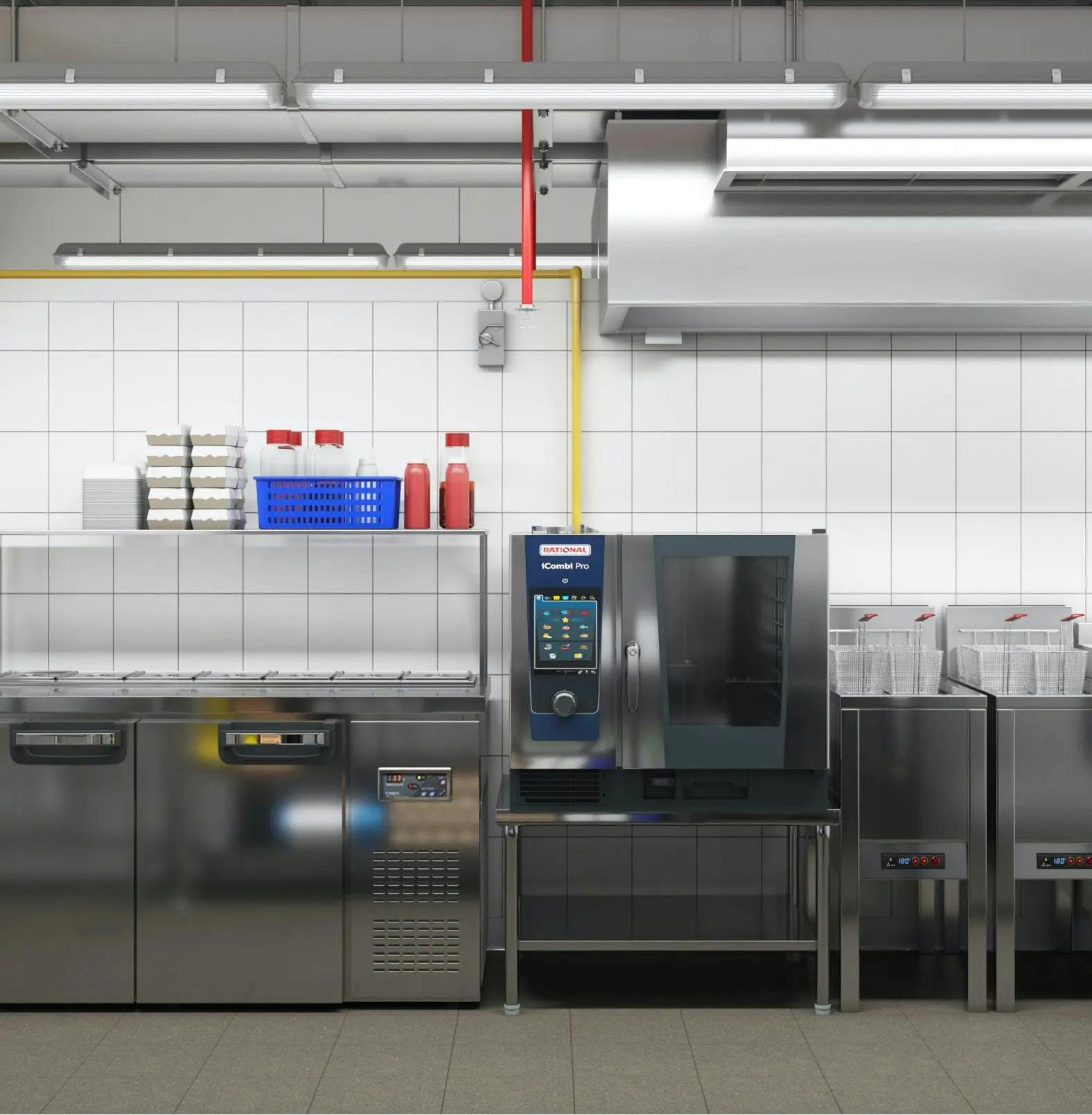Building a food processing plant in Singapore is a significant milestone for food and beverage (F&B) businesses. With its strategic location, strong infrastructure, and stringent food safety regulations, Singapore is an ideal hub for food production. However, setting up a facility requires careful planning, compliance with local laws, and sustainable design considerations.
Here are the key steps to building a food processing plant in Singapore.
1. Identify your requirements
Define the core requirements of your food processing facility based on the types of products you plan to produce.
Key considerations include:
- Refrigeration systems: Evaluate the need for frozen, chilled, or ambient storage.
- Processing equipment: Invest in machinery suited to your production processes, such as preparation, cooking, or packaging.
- HVAC systems: Ensure adequate climate control to maintain product quality and meet food safety standards.
- Packaging and logistics: Allocate space for efficient packaging lines and smooth workflow for loading and delivery.
2. Choose the right location
The location of your plant is critical to its success. Singapore’s excellent infrastructure and compact size offer many advantages, but key factors to consider include:
- Accessibility: Opt for a site near major transportation networks and logistics hubs like the Changi Airfreight Centre.
- Utilities availability: Ensure reliable water, electricity, and waste treatment access.
- Zoning regulations: Verify that the site follows local industrial or food production zoning laws.
- Expansion potential: Choose a site that allows for future growth if you anticipate scaling operations.
3. Focus on facility design
A well-designed food processing plant ensures efficiency, safety, and compliance with Singapore’s regulations.
Building materials
Use durable, food-grade materials that are resistant to moisture and easy to clean, such as stainless steel and insulated panels.
Workflow and layout
Design your facility to minimise cross-contamination risks and streamline operations. Arrange areas logically, from raw material storage to processing, packaging, and shipping.
Flooring
Install non-slip, industrial-grade flooring resistant to chemicals, water, and heavy equipment. Popular options include epoxy and vinyl flooring.
4. Adhere to sanitation and safety standards
Compliance with Singapore Food Agency (SFA) regulations is mandatory. Key sanitation and safety measures include:
- Washdown stations: Install cleaning stations throughout the facility.
- Contamination control: Use barriers or airlocks to separate raw materials from finished products.
- Pest management: Install pest-proof doors, windows, and waste systems.
- Staff hygiene: Provide handwashing stations, locker rooms, and proper uniforms.
5. Provide employee amenities
A motivated workforce is vital to operations.
Ensure your facility includes:
- Break rooms: Create comfortable spaces for employees to rest.
- Training areas: Include rooms for onboarding and skill development.
- Restrooms and hydration stations: Provide facilities that support hygiene and employee comfort.
6. Incorporate sustainability measures
Sustainability is increasingly important in Singapore’s F&B sector. Integrating eco-friendly practices can reduce costs and enhance your brand.
- Energy efficiency: Use energy-efficient refrigeration units and LED lighting, and consider solar panels.
- Water conservation: Implement water recycling systems and efficient cleaning technologies.
- Waste management: Minimise food waste and follow waste disposal guidelines from Singapore’s National Environment Agency (NEA).
7. Ensure regulatory compliance
Singapore has stringent regulations to ensure food safety, worker safety, and environmental protection. Compliance is essential to successful operations.
- Food safety standards: Meet the SFA’s licensing and inspection requirements.
- Environmental laws: Adhere to NEA guidelines for waste disposal and emissions.
- Workplace safety: Follow the Ministry of Manpower’s (MOM) standards for worker safety.
8. Partner with Industry Experts
Building a food processing plant in Singapore requires thorough planning, attention to detail, and a focus on compliance and sustainability. By working with experts, you can create an efficient facility that meets your business goals.
Bring Your Vision to Life with SmartCity Kitchens
At SmartCity Kitchens, we specialise in creating state-of-the-art commercial and industrial kitchen facilities designed to meet your unique needs and available for lease. From navigating licensing requirements to streamlining operational workflows, we take care of the complexities, allowing you to focus on scaling your business with confidence.
Discover how SmartCity Kitchens can support your journey. Visit us today to explore our tailored solutions and let us transform your vision into a thriving reality.
